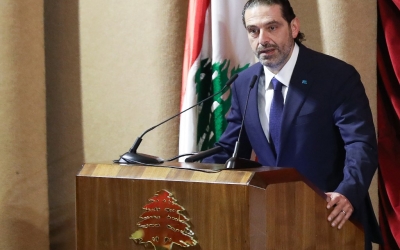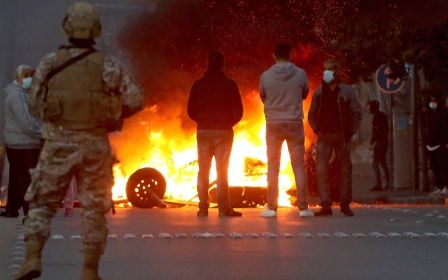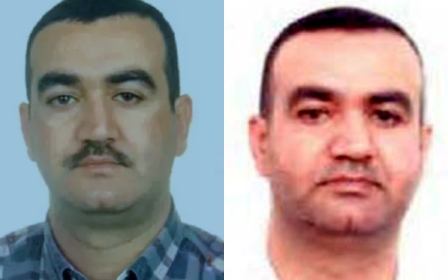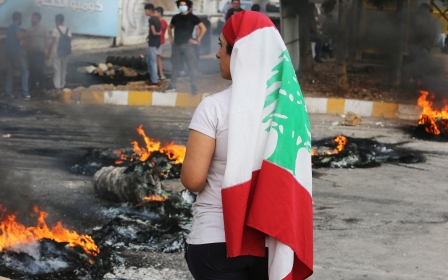Lebanon tribunal cancels new trial due to funding shortage
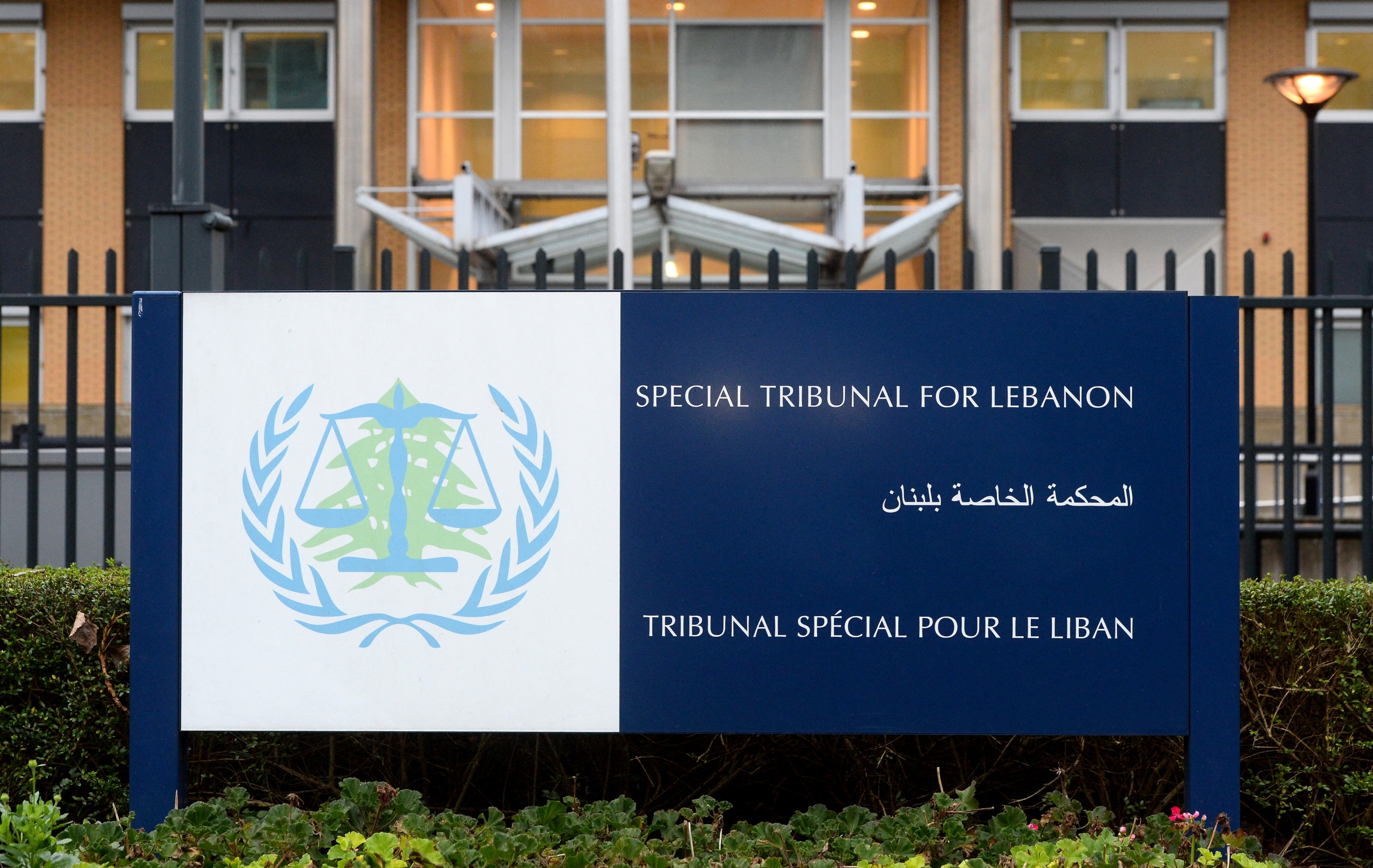
The UN tribunal for Lebanon on Thursday cancelled a new trial against the man it convicted of assassinating former prime minister Rafic Hariri, a day after the court announced it could run out of money and be forced to close.
Last year the Netherlands-based Special Tribunal convicted Salim Ayyash, a former member of Hezbollah, in absentia for the 2005 Beirut bombing that killed Hariri and 21 others, in a ruling that is being appealed.
On Tuesday, the tribunal, created by a 2007 UN Security Council resolution, announced it would have to close after July if it is unable to resolve its funding shortage.
A second trial against Ayyash over three other attacks targeting Lebanese politicians in 2004 and 2005 was due to start on 16 June. However, in a decision published on Thursday, the court said it had cancelled the case as it was "futile to start a trial in June which is highly likely to be terminated in July due to lack of funds.”
The court said that it had "also suspended all decisions on filings presently before it, and on any future filings, until further notice."
Fivety-one percent of the tribunal's funding is from voluntary contributions and 49 percent is from the Lebanese government. Its total cost has ranged from $600m to $1bn. For that expenditure, it has achieved one conviction and three acquittals. The court said the 2021 budget was cut by nearly 40 percent but it still struggled to get contributions.
The closure of the tribunal could undercut calls for the creation of a new UN tribunal to try those responsible for the Beirut port blast last August, in which 200 people died and 6,500 were injured.
Lebanon is going through an economic crisis that the World Bank described in a damning report on Tuesday as one of the worst depressions recorded anywhere in the world since the middle of the 19th century.
The report predicts that the country’s economy will shrink by close to 10 percent in 2021 and stresses that there is "no clear turning point on the horizon, given the disastrous deliberate policy inaction".
Middle East Eye propose une couverture et une analyse indépendantes et incomparables du Moyen-Orient, de l’Afrique du Nord et d’autres régions du monde. Pour en savoir plus sur la reprise de ce contenu et les frais qui s’appliquent, veuillez remplir ce formulaire [en anglais]. Pour en savoir plus sur MEE, cliquez ici [en anglais].


